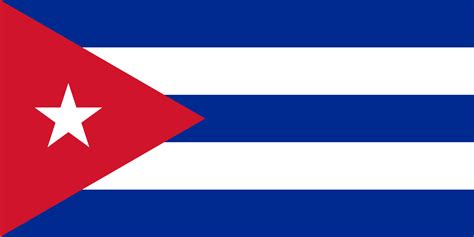(GRANMA)—As a preventative measure, given the COVID-19 situation in the country, this immune system booster is being administered to travelers arriving in Cuba, as well as members of their households.
Cuba began administering Nasalferon to travelers and their families on Jan. 7, a drug produced by the country’s biotechnology industry to prevent the transmission of SARS-COV-2 and strengthen the immune system, reported the Cuban News Agency.
According to information from a recent session of Havana’s Provincial Defense Council, the application of the medication via nasal drops will be conducted first in the municipalities of Boyeros and Diez de Octubre, to subsequently be extended to the rest of the capital.
Ileana Morales, director of Science and Technological Innovation at the Ministry of Public Health, explained that one drop will be administered nasally in the morning, and another at night, for a period of five to 10 days.
“Co-habitants must begin treatment three days before the arrival of the traveler,” Morales added.

Nasalferon is a formulation of recombinant IFN-alpha-2b-human for nasal administration that, thanks to the immune-modulating and antiviral properties of IFN-alpha, provides protection against the virus.
According to findings from research by the Center for Genetic Engineering and Biotechnology (CIGB), to contribute to the control of the Covid-19 epidemic, the passage of interferon to the bloodstream was detected, with maximum concentration levels observed 30-45 minutes after nasal administration, producing increased antiviral and innate immune response markers in the oropharyngeal mucus membrane and peripheral blood lymphocytes.
Specialists are confident it disrupts reproduction of the virus and impacts the extent of colonies present in the body.
It also strengthens the immune system and guarantees that if the person is infected, he or she will not develop severe symptoms, experts explain.
According to data from the Academy of Sciences of Cuba, through August, 17,241 health workers and 1,105 at-risk individuals had been treated with the drug.
Given the complex situation the country is facing at this time, health authorities reiterate the importance of personal responsibility and strict compliance with preventative measures.













